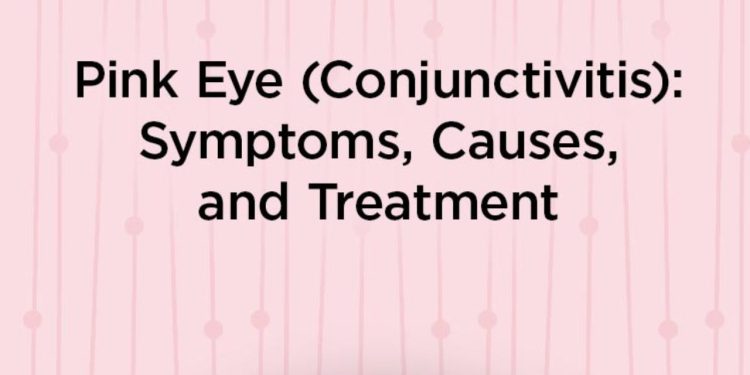Conjunctivitis, commonly known as pink eye, is a contagious eye infection caused by viruses, bacteria, or allergies. While it can be uncomfortable and irritating, there are simple steps you can take to protect your eyes and prevent the spread of the virus. Here are some useful tips to keep your eyes healthy and reduce the risk of conjunctivitis:
- Frequent Handwashing: Washing your hands regularly with soap and water is the most important step in preventing the spread of conjunctivitis. Be sure to wash your hands for at least 20 seconds, especially before touching your eyes or face.
- Avoid Touching Your Eyes: Conjunctivitis is highly contagious, and the virus can enter your eyes through touch. Avoid rubbing or touching your eyes, as this can transfer the virus from your hands to your eyes.
- Use Tissues or Your Elbow: If you need to touch your eyes or face, use a tissue or your elbow to minimize contact with your hands. This can help prevent the virus from spreading.
- Proper Hygiene: If you are already infected with conjunctivitis, practice good hygiene. Use a clean tissue or disposable wipes to gently clean any discharge from your eyes. Make sure to wash your hands after doing so.
- Avoid Sharing Personal Items: Do not share items like towels, pillows, or makeup with someone who has conjunctivitis, as the virus can be present on these items and spread to others.
- Eye Protection: Wearing glasses or sunglasses can provide some protection against the virus, especially in crowded or public places where the risk of exposure is higher.
- Avoid Close Contact: Try to avoid close contact with individuals who have conjunctivitis. This includes not sharing dishes or utensils with them.
- Follow Medical Advice: If you or someone you know has conjunctivitis, follow the advice of a healthcare professional. They may recommend specific treatments or medications to help manage the symptoms and prevent the virus from spreading.
- Stay Home: If you have conjunctivitis, it’s essential to stay home from work or school until you are no longer contagious. This typically takes a few days, but it can vary depending on the cause of the infection.
- Vaccination: Some forms of conjunctivitis can be prevented through vaccination. Consult with your healthcare provider to see if you or your child should receive vaccines to reduce the risk of certain infections.
- Allergen Control: If your conjunctivitis is caused by allergies, take steps to reduce exposure to allergens. Keep your environment clean, use air purifiers, and follow your allergist’s advice.
Remember, conjunctivitis can be caused by different factors, and the treatment may vary depending on the underlying cause. If you suspect you have conjunctivitis or if it persists despite taking preventive measures, it is crucial to consult a healthcare professional for an accurate diagnosis and appropriate treatment.
In conclusion, protecting your eyes from the conjunctivitis virus is essential for maintaining eye health and preventing the spread of the infection to others. By following these simple tips, you can reduce your risk of contracting or spreading conjunctivitis, keeping your eyes healthy and happy.


